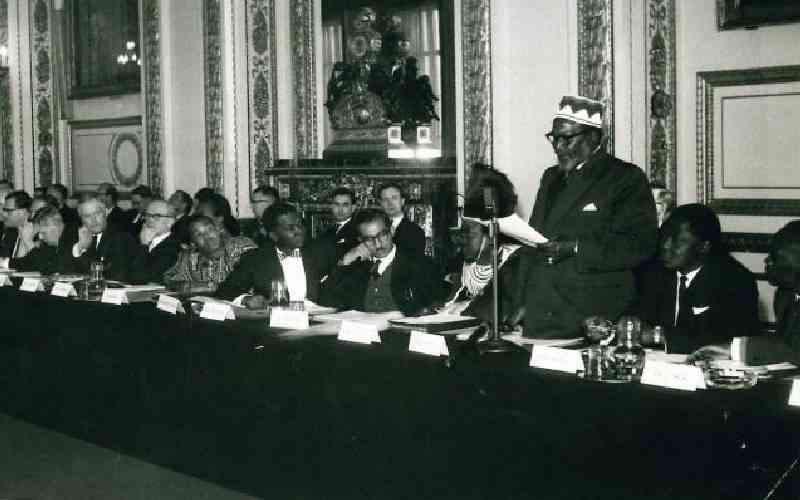×
The Standard e-Paper
Stay Informed, Even Offline

In Antony and Cleopatra, Shakespeare describes a scene where Mark Antony, the Roman, is enthralled by an Egyptian port city's grand reception of their Queen, Cleopatra.
"The city cast her people out upon her; and Antony, enthroned in the market place did sit alone, whistling to the air, which, but for vacancy, had gone to gaze on Cleopatra too, and made a gap in nature," he writes.